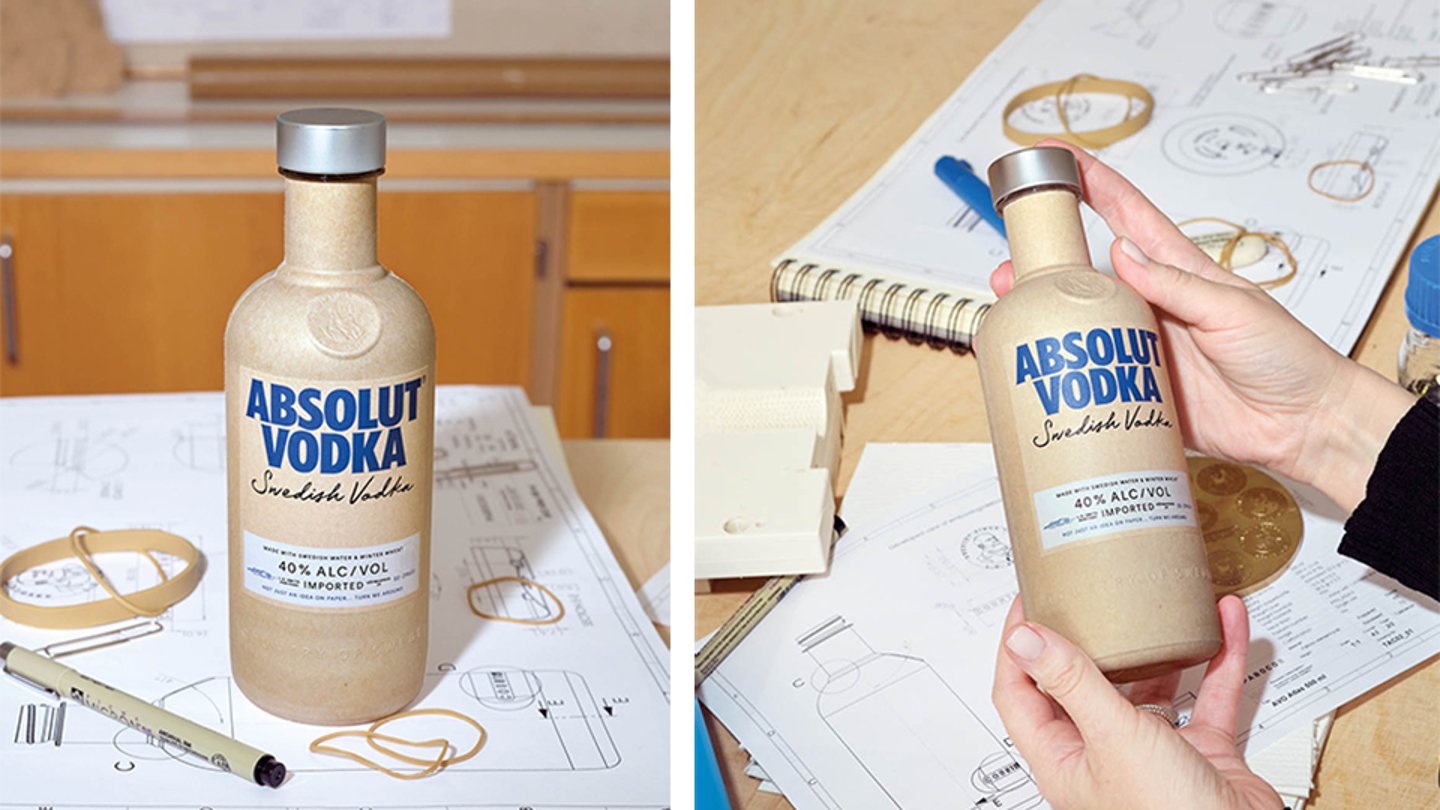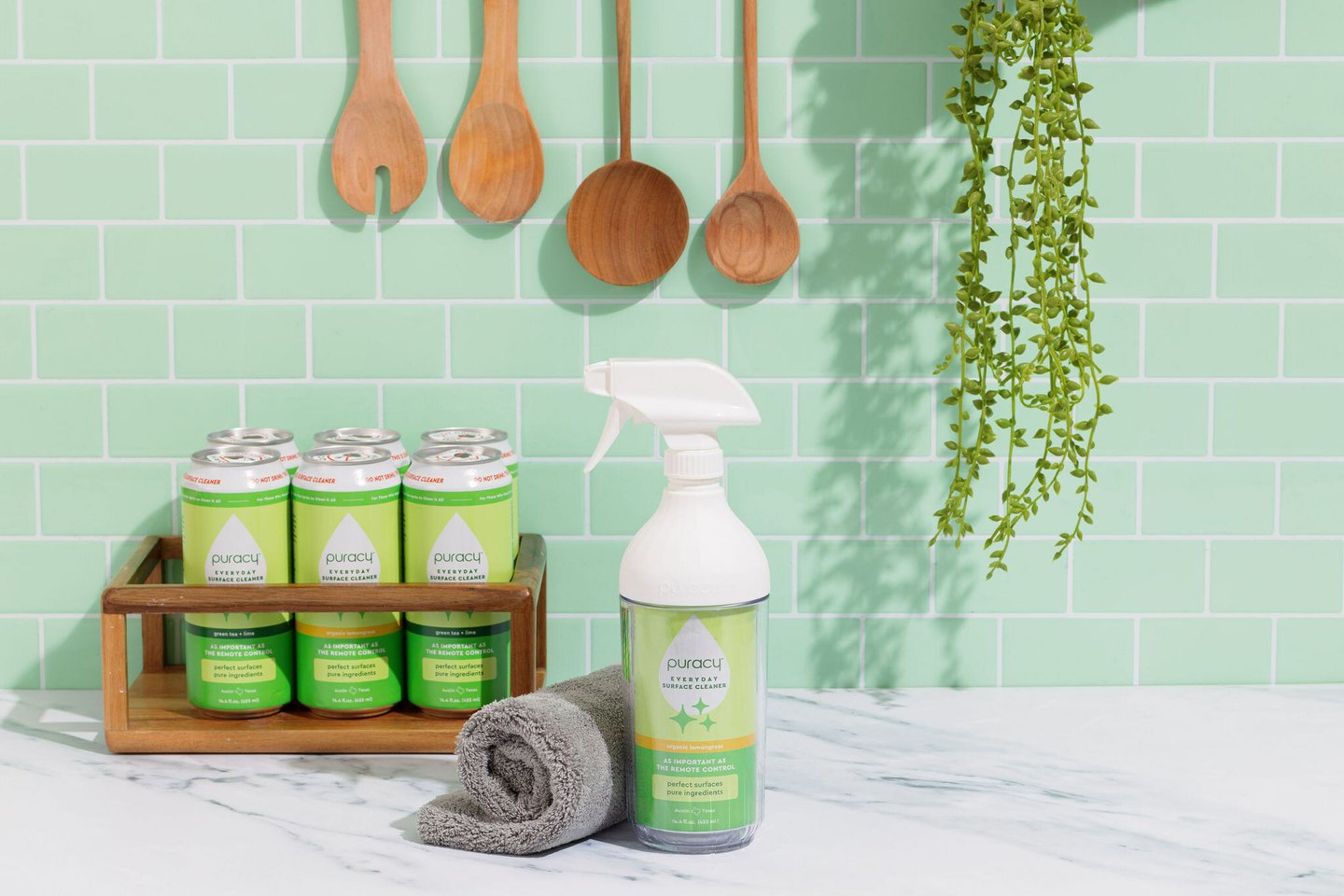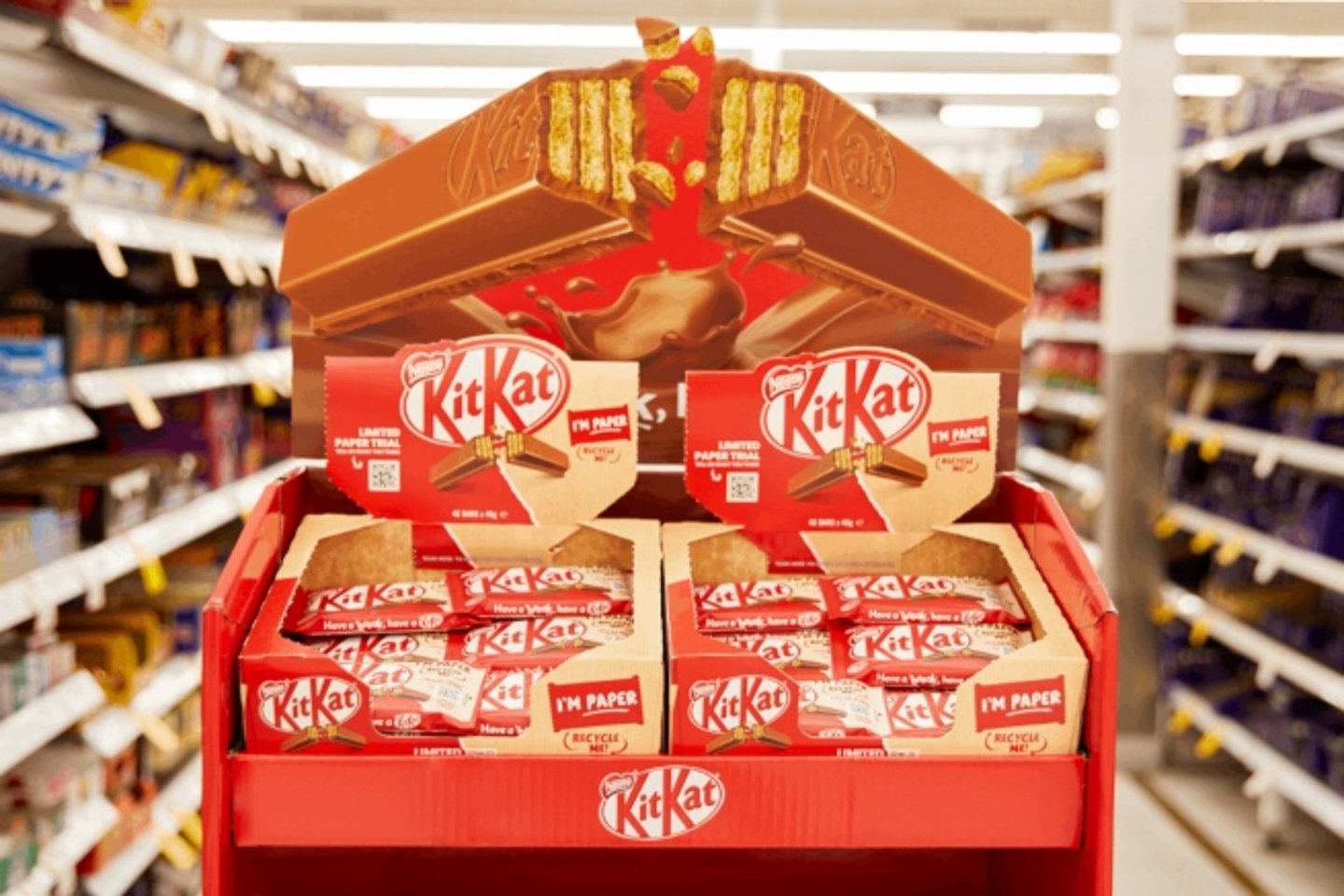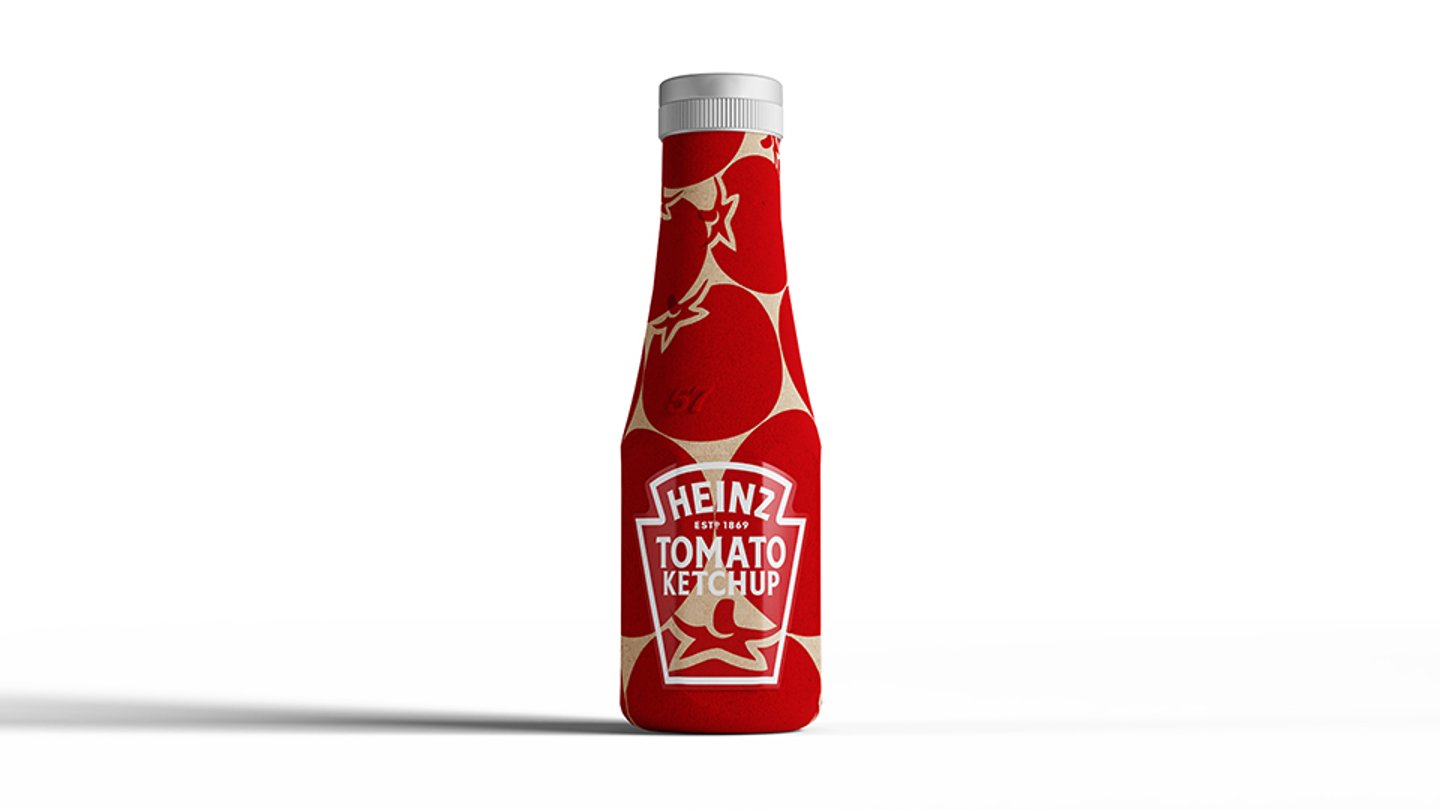5 Standout CPG Sustainability Packaging Efforts
Consumer goods companies are prioritizing and evolving their sustainability goals, and greener packaging plays a key role in many of them.
In the next three years, 20% of organizations will divert their focus to reducing their packaging’s carbon footprint, according to Gartner. These efforts include not just using less packaging material, but using materials that are more efficiently produced, transported, and processed.
As CPGs rethink their efforts, some are exploring more sustainably made alternatives to their most popular products, as well as partnering with key retailers to dispose of them in more environmentally friendly ways. Here's a look at five CPGs that have introduced sustainable packaging alternatives and solutions for some of their most iconic items.
1. Pernod Ricard
In June, Pernod Ricard’s Absolut Vodka debuted a three-month test offering single-mold paper-based bottles commercially within the U.K. The bottles, which are made of 57% paper with an integrated barrier of recyclable plastic, give consumers the ability to efficiently recycle the product like they would paper. Absolut is working in partnership with Poboco (the Paper Bottle Company) and a variety of global brands, including The Coca-Cola Company, to spearhead change in sustainable packaging within the industry. The paper-based bottle supports Absolut’s plans of becoming a carbon-neutral product by 2023 by reducing the company’s carbon footprint of its packaging builds.
2. Puracy
Puracy’s new Clean Can System is designed to eliminate single-use plastics in cleaning. The household cleaning and personal care brand’s new product is a recyclable aluminum beverage that can be refilled in less than 10 seconds, which retailers can sell in plastic-free, ready-to-use packaging. Puracy promotes the system’s convenience with its simple design that allows users to crack open the can and attach it to the system. The company first launched the new product on its website and will launch a nationwide rollout at select Target locations.
3. Nestle
Nestle piloted paper-wrapped versions of their KitKat chocolate bars in select stores across Australia, with more than a quarter of a million paper-wrapped bars made available.The bars are a part of Nestle’s sustainability goal to cut down the company’s use of virgin plastics by a third by 2025, including using less plastic and more recycled plastic and plastic packaging alternatives. The company has debuted recyclable packaging for their Smarties candy, as well as their Quality Street candies back in 2022.
4. Kraft Heinz
Kraft Heinz tested a paper-based bottle made from sustainably sourced wood pulp last year for its iconic ketchup bottle. The material used for the bottles enable them to be made in a variety of shapes and sizes. The company has already made strides toward its corporate sustainability goals by making its ketchup bottles more environmentally friendly by developing a plastic bottle with 30% recycled content in Europe. Among its goals include making all packaging globally recyclable, reusable, or compostable by 2025, and it also strives to achieve net zero greenhouse gas emissions by 2050.
5. Kellogg and Albertsons
Kellogg partnered with U.S.-based food and drug retailer Albertsons on an in-store recycling initiative, which included in-store recycling bins that feature Kellogg’s mascots Tony the Tiger and Toucan Sam. The companies also organized in-store events to promote the retailer’s recycling programs. Customers could drop off packaging and plastic packaging with the How2Recycle Store Drop-off label, including Kellogg brand products at bins in participating Albertsons stores. Kellog’s partnership aligns with Kellogg’s Better Days commitment to offering three billion people sustainable and equitable access to food by 2030.






